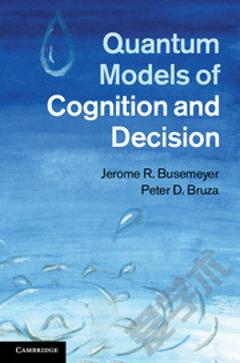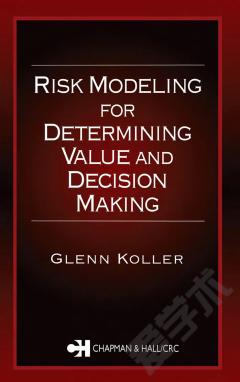Quantum Models of Cognition and Decision
Much of our understanding of human thinking is based on probabilistic models. This innovative book by Jerome R. Busemeyer and Peter D. Bruza argues that, actually, the underlying mathematical structures from quantum theory provide a much better account of human thinking than traditional models. They introduce the foundations for modelling probabilistic-dynamic systems using two aspects of quantum theory. The first, 'contextuality', is a way to understand interference effects found with inferences and decisions under conditions of uncertainty. The second, 'quantum entanglement', allows cognitive phenomena to be modeled in non-reductionist ways. Employing these principles drawn from quantum theory allows us to view human cognition and decision in a totally new light. Introducing the basic principles in an easy-to-follow way, this book does not assume a physics background or a quantum brain and comes complete with a tutorial and fully worked-out applications in important areas of cognition and decision.
{{comment.content}}








 京公网安备 11010802027623号
京公网安备 11010802027623号